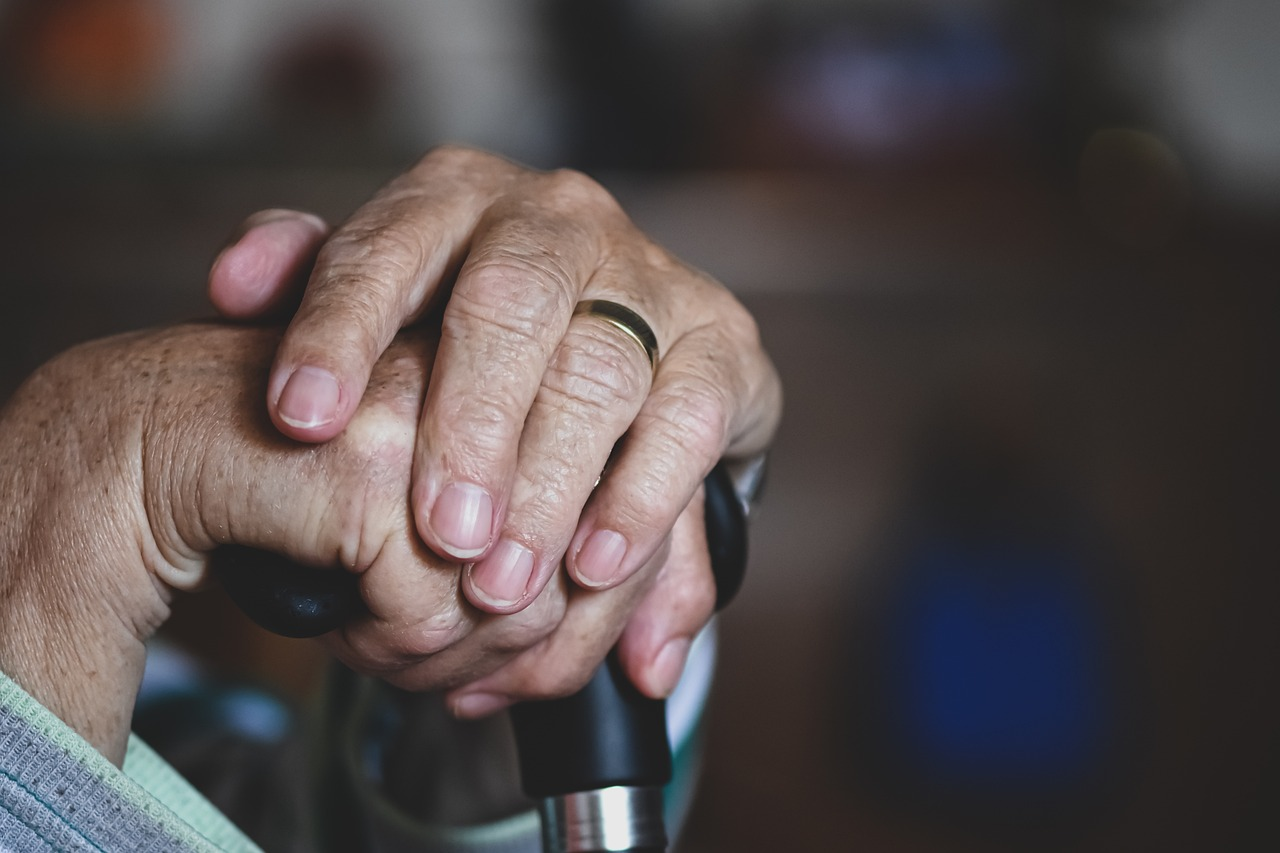
Nursing homes, a key facet of our healthcare system, are designed to provide care and support for our vulnerable aging population. According to the National Center for Assisted Living, approximately 1.3 million Americans are currently residing in nursing homes. However, behind this statistic lurks a grim reality. The National Center on Elder Abuse reports that approximately 1 in 10 Americans aged 60+ have experienced some form of elder abuse, and this number may be significantly higher in nursing home settings. Nursing home neglect, a form of elder abuse, is a worrying phenomenon that often goes unnoticed and unreported. This insidious form of abuse can lead to severe and even life-threatening consequences for elderly residents. Through awareness and vigilance, we can help recognize the warning signs and work towards eliminating nursing home neglect.
Lack of Medical Attention
If a resident’s medical needs are not being met, or if there’s a delay in providing necessary care, it may indicate neglect. Examples of this could include delayed response to emergencies, failure to provide medication or treatments as prescribed, or lack of attention for chronic conditions. Medical neglect can lead to serious health complications and even death if left unaddressed. Now, your best option is to probably click here, and get in touch with a neglect attorney. Being able to legally pursue a neglect case will help protect the victim and prevent future incidents. Moreover, these professionals can help you understand the legal process and provide guidance on how to proceed.
Unexplained Injuries or Falls
Frequent, unexplained injuries could be a sign that your loved one isn’t receiving adequate supervision or care. This could include bruises, fractures, or other injuries that are not consistent with their medical condition. Falls are also a common occurrence in nursing homes, but it’s important to investigate if the falls are happening frequently and without explanation. Unreported or untreated injuries can lead to serious health issues and affect the resident’s quality of life. When you have a loved one in a nursing home, it’s important to monitor their physical condition and report any concerning injuries or falls.
Poor Hygiene
Nursing home staff should ensure that residents are bathed, groomed, and have access to clean clothes regularly. Poor hygiene can lead to infections, skin issues, and other health concerns. Additionally, it’s important to pay attention to the cleanliness of the facility itself. If you notice unsanitary conditions or a lack of proper sanitation measures in the nursing home, it may be a warning sign of neglect. Furthermore, it’s essential to communicate any concerns about hygiene and cleanliness directly with the nursing home staff or administration.
Sudden Weight Loss
This may be due to neglect of mealtime assistance or inadequate portions being served. Malnutrition and dehydration can have serious consequences for elderly residents, including weakened immune systems and increased risk of infections. If you notice a significant change in your loved one’s weight, it’s important to address this with the nursing home staff and ensure that they are receiving proper nutrition. Furthermore, it’s essential to monitor the food and beverage intake of your loved one during visits.

Bedsores or Pressure Ulcers
These are often a sign of inadequate care and can result from prolonged periods of immobility without proper repositioning. Bedsores and pressure ulcers can be painful, difficult to treat, and even life-threatening if left untreated. These conditions are preventable with proper care and attention. If you notice bedsores or pressure ulcers on your loved one’s body, it’s important to address this issue with the nursing home staff immediately. Most of these incidents are avoidable with proper care and attention. However, if you suspect that your loved one’s condition is a result of neglect, it’s crucial to seek legal advice and take appropriate action.
Changes in Behavior or Mood
This type of neglect can be just as damaging as physical neglect and should not be overlooked. It’s important to communicate with your loved one regularly and pay attention to any changes in their mood or behavior. If you notice signs of emotional distress, it’s essential to address this with the nursing home staff and seek appropriate support for your loved one. When it comes to recognizing and addressing nursing home neglect, being diligent and informed is key. Furthermore, it’s crucial to have open communication with the nursing home staff and advocate for your loved one’s well-being.
Unsanitary Living Conditions
Dirty or unsafe living conditions are a clear sign of neglect. This could include cluttered and unsanitary rooms, lack of clean linens or towels, and other hazards that may put residents at risk. It’s important to report any concerns about the living conditions in a nursing home to the staff and address these issues promptly. Residents have the right to live in a clean, safe, and comfortable environment. If these basic needs are not being met, it’s a sign of neglect and should be addressed immediately. Furthermore, it’s important to regularly check in with your loved one and make sure they feel comfortable and safe in their living environment.
By being aware and vigilant, we can help prevent cases of neglect and hold those responsible accountable. It’s also important to seek legal advice if you suspect your loved one is a victim of neglect, as they have the right to receive proper care and attention in their nursing home. Through education and action, we can work towards eliminating nursing home neglect and providing our aging population with the care and respect they deserve. So, it’s important to educate ourselves about the warning signs of neglect and take appropriate steps to protect our loved ones in nursing homes.




